It is not much to look at! The once-vivid display of color is now washed out. Many of the blooms are spent, and the aging tomato vines struggle to hold their fruit. In many instances, things have literally gone to seed (as captured in the forefront of the photo from left to right – parley, dill, and fennel), and much of the eager anticipation of what is to come has started to fade like a late summer sunset. The garden isn’t perfect. But, it is absolutely well enough.
This summer, as Travis and I explored the societal pressure of “perfection” as part of our four-week Summer Series, one of the phrases that came up fairly often in our conversations after worship or during our educational opportunities (in person and online) was the notion of “good enough.” In other words, rather than striving for “perfection,” many people found that aiming for “good enough” was much more realistic and attainable.
Now, on the one hand, I absolutely agreed when people shared this sentiment with me; but, at the same time, I found it unsettling. Why? The words “good enough,” at least in my mind, kept feeling like an excuse to do things half-heartedly, almost a sort of cop-out. This wasn’t what people were implying, but that is what my heart kept hearing. I was feeling the tension between wanting to do things well and taking healthy pride in what I do, while also wanting to remember God’s role and God’s grace in the midst of it all.
Upon reflecting on why I felt this way, I realized I needed to discover other words that I could use for myself that others might appreciate, too. It turns out that the phrase “well enough” actually fits what I was looking for, more so than I realized.
According to the Merriam-Webster dictionary, the definition of “well” includes [1]*:
- “ in a good or proper manner”
- “satisfactorily with respect to conduct or action”
- “in a kindly or friendly manner”
- “in a way appropriate to the facts or circumstances”
Thus, for me, “well enough” means striving towards excellence (proper manner, satisfactory action, rooted in kindness) while at the same time humbly acknowledging and relying on God’s grace (“for my grace is sufficient for you”) and power (through Christ who dwells in me) to approach the circumstances appropriately. Or, more simply put, “well enough” in my mind means striving to do things “well” while also being prayerfully attentive to when “enough” is enough!
Returning to our garden, it certainly isn’t what it was several months ago, but its actions are absolutely “appropriate to the circumstances.” For example, the sunflower petals are beginning to shrivel up and the stems can barely hold the weight of the plants now, so it may seem as though the beauty of the plants (their “perfection”) is starting to wane. However, the sunflowers are signaling to us, the many goldfinches (one hidden in the photo), and other pollinators that visit our garden that the seeds are ready to harvest. Similarly, the “spent” (dying) parsley, dill, and fennel plants are all currently preparing to sow their seeds upon the earth so that new plants will come again next spring.
The late-summer garden is not the beautiful, fresh garden of the spring, nor should it be. Rather, it is exactly what it is supposed to be right now: producing food for animals who are preparing for the winter and putting down the seeds that will sprout into next season’s life when winter breaks. It is a well-enough garden, appropriate for its time, place, and function. Perhaps we can take a lesson from this for our own lives: rather than trying to live into some constant, objective, elusive notion of “perfection,” we can recognize that we are well enough, too.
May all be well (enough),
Karen H. Webster
HSHC co-founder/executive director
P.S. – Please check out our “Health Highlight” section in our September 2024 newsletter for some “well enough” reflection questions and several articles that provide some strategies for approaching “perfection” in a healthier way.
Reference:

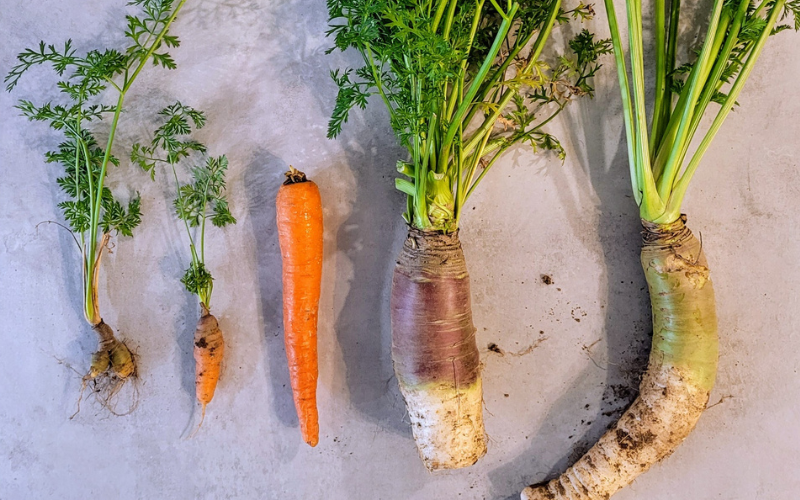
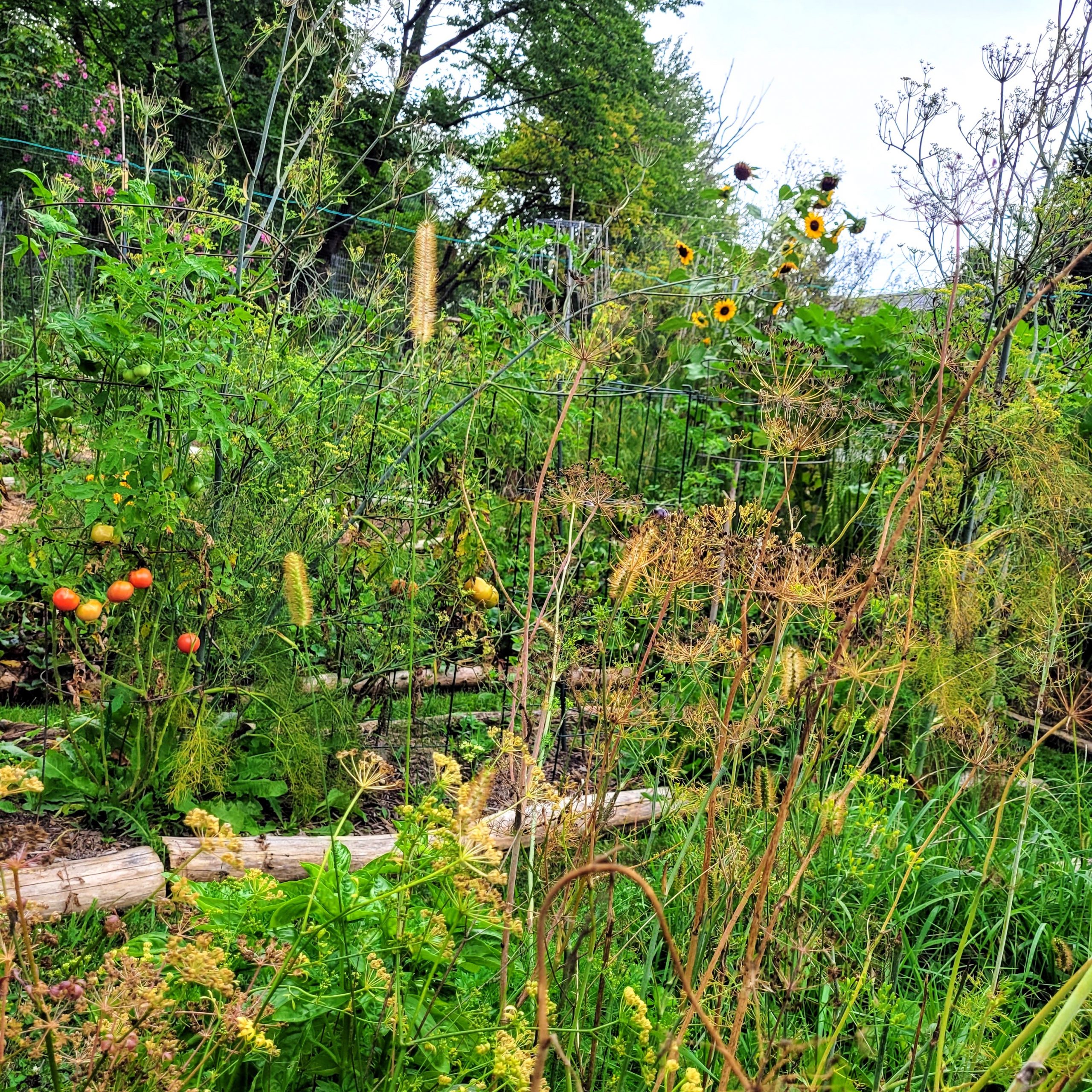

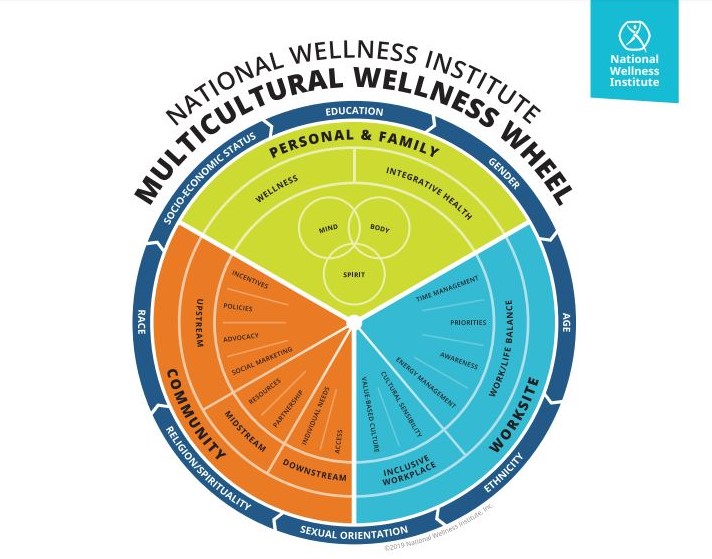
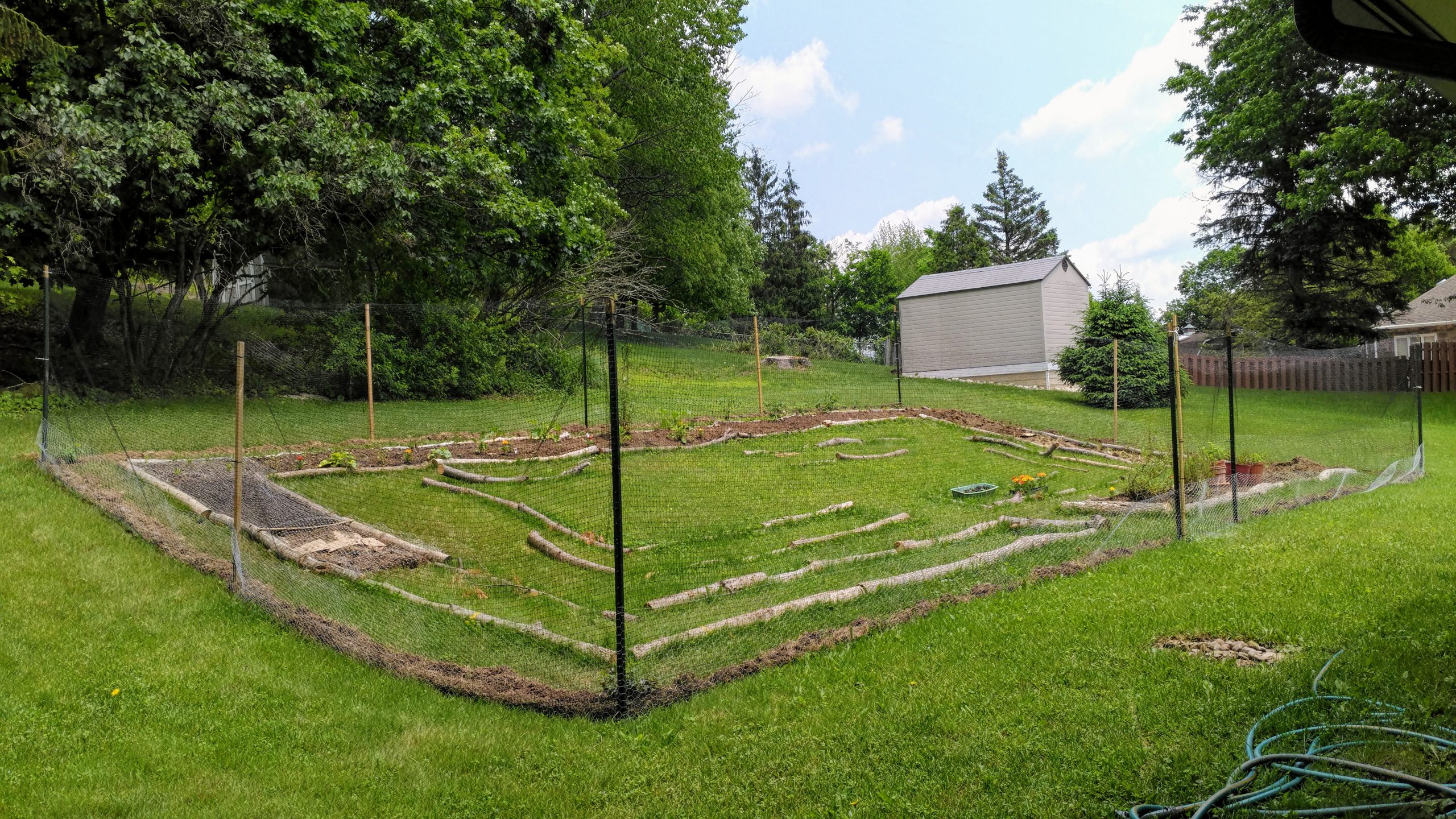
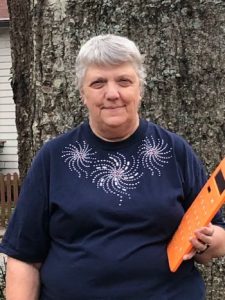
 I find that the fifty-day Eastertide season, in which, as I write this, we are on day six, is a wonderful time to reflect on the various changes that are taking place in our lives and how are we being moved to respond. This liturgical season is a reminder that, through Christ’s death and resurrection, our lives were, and are forever, changed. How do we adequately respond to this amazing good news?
I find that the fifty-day Eastertide season, in which, as I write this, we are on day six, is a wonderful time to reflect on the various changes that are taking place in our lives and how are we being moved to respond. This liturgical season is a reminder that, through Christ’s death and resurrection, our lives were, and are forever, changed. How do we adequately respond to this amazing good news? When did you have COVID, and how did you experience it?
When did you have COVID, and how did you experience it?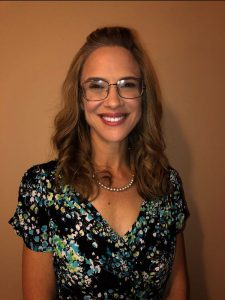 “I was intrigued to learn about Healthy Seminarians-Healthy Church’s online small- group program last fall. Working in a trauma-based ministry where every need feels absolutely immediate, I have seen many gifted caregivers exit the field early and exhausted.
“I was intrigued to learn about Healthy Seminarians-Healthy Church’s online small- group program last fall. Working in a trauma-based ministry where every need feels absolutely immediate, I have seen many gifted caregivers exit the field early and exhausted.